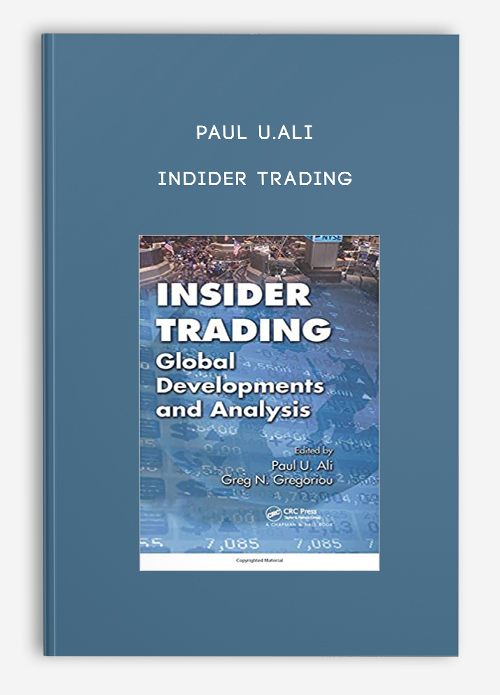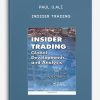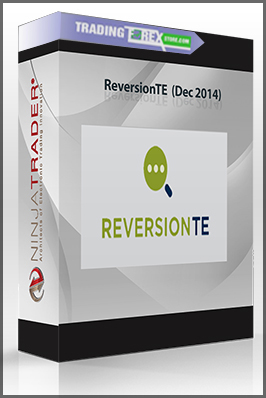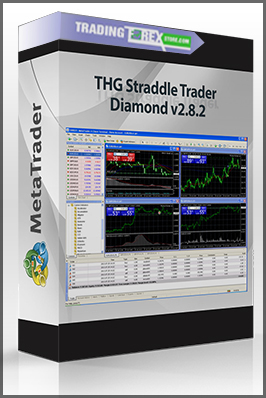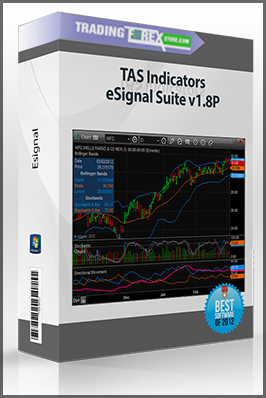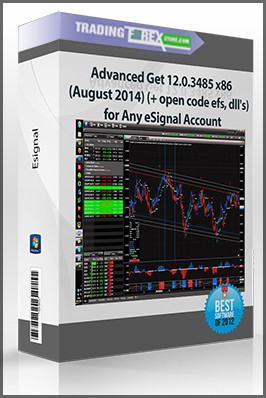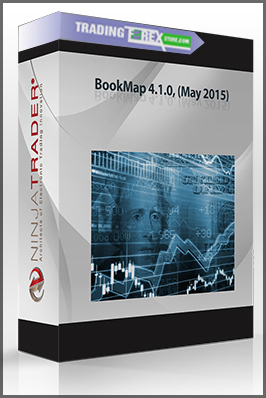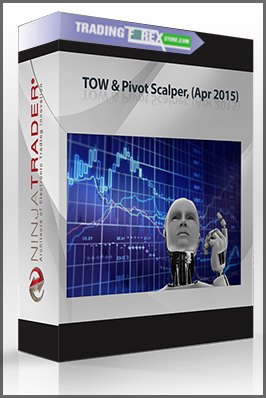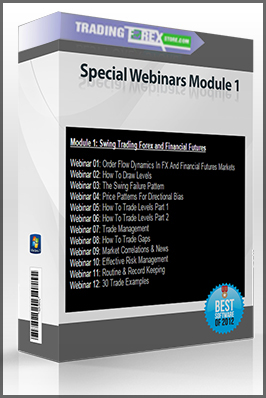Paul U.Ali – Indider Trading
$17.00
Product Include:
File size:
- Description
Description
Paul U.Ali – Indider Trading
**More information:
Get Paul U.Ali – Indider Trading at bestoftrader.com
Description
Essential Reading on an Expanding Phenomenon
The recent growth in mergers and acquisitions worldwide has been accompanied by a resurgence in insider trading on a scale not witnessed since the 1980s takeovers boom. Given the greater emphasis on insider trading in the global securities markets, this text combines the latest law and finance research on this ever-intriguing area with timely, expert perspectives to comprehensively cover the established US, European, and Asia-Pacific securities markets, as well as the key emerging markets of Brazil and the greater China region.
Addresses These Fundamental Questions:
- What are the relative costs and benefits of insider trading?
- What is the rationale for criminalizing insider trading?
- Should insider trading that causes security prices to rise be subjected to harsher criminal and civil sanctions than trading that decreases securities costs?
Examines Newsworthy and Recent Case Histories
This text brings together econometric analysis of insider trading with qualitative papers that focus on insider trading regulation. This combination of legal and economic perspectives makes Insider Trading: Regulation and Analysis a useful reference not only for financial academics, but also securities attorneys and managers and those involved with corporate governance.
Recently, the SEC Chairman called insider trading a major risk for US financial markets – a public acknowledgment that the prosecution of insider trading is a priority for the US Securities and Exchange Commission. This speaks to the need for this publication as a guide to the wide-reaching and highly relevant area of insider trading.
Forex Trading – Foreign Exchange Course
Want to learn about Forex?
Foreign exchange, or forex, is the conversion of one country’s currency into another.
In a free economy, a country’s currency is valued according to the laws of supply and demand.
In other words, a currency’s value can be pegged to another country’s currency, such as the U.S. dollar, or even to a basket of currencies.
A country’s currency value may also be set by the country’s government.
However, most countries float their currencies freely against those of other countries, which keeps them in constant fluctuation.

